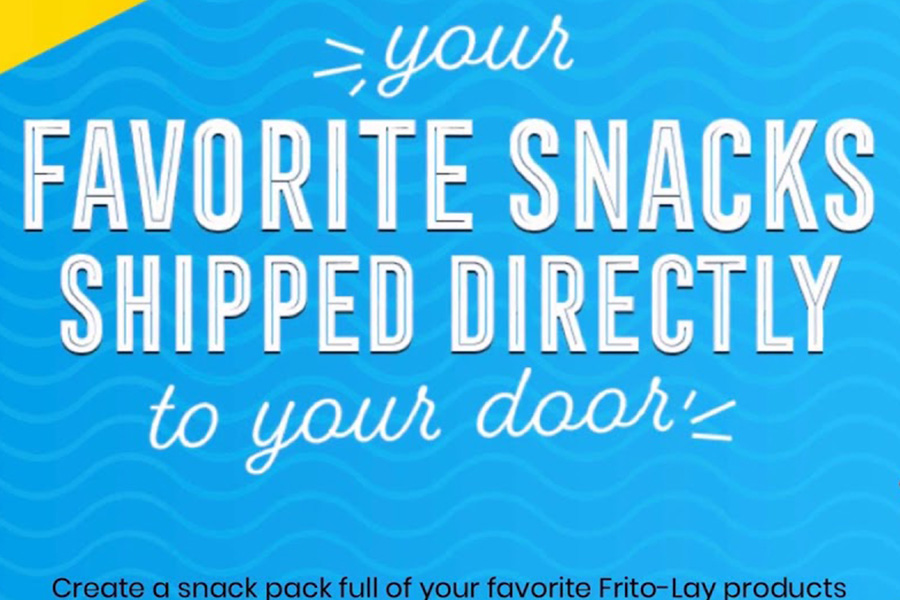PepsiCo Reaching Consumers During COVID with 2 New DTC Sites
PepsiCo is leveraging its e-commerce investments and digitally native talent to tap into the direct-to-consumer channel.
The food and beverage company launched two new direct-to-consumer websites this week — PantryShop.com and Snacks.com — in response to increasing demand from the COVID-19 health crisis. It said it took just 30 days to launch the sites from concept to execution.
“DTC puts us closer to the consumer and allows us to test and learn quickly,” Gibu Thomas, PepsiCo senior VP and head of e-commerce, told CGT, an RIS sister publication. “It’s also a great way for us to ensure consumers have access to our entire portfolio of products anytime, anywhere, as well as gain insights and increase exposure for some of our more niche brands like Hilo Life snacks.”
PantryShop.com sells bundles of products from such PepsiCo brands as Quaker, Gatorade, SunChips and Tropicana. Bundles are categorized under Everyday Pantry, Rise & Shine, Hydration, Snacking and Workout & Recovery, Protein and Family Favorites, with each including a curated mix of top-selling products.
The product mixes in the bundles were curated based on online demand data, affinity research and consumer insights, said Thomas. “There was also a logistical component — what products could we secure quickly to allow us to launch within 30 days — and now we will continue to iterate on the bundles based on consumer preferences.”
Kits are priced at $29.95 and $49.95, and consumers receive free shipping.
With Snacks.com, consumers can create their own bundles of Frito-Lay products, choosing from more than 100 items, and the company will continue to add new items as the site adjusts to consumer preferences. Shipping is currently free for purchases over $15.
The move represents another step in PepsiCo’s multi-year e-commerce push. Thomas said the company has built up its e-commerce team over the last few years, and its digitally native team combined with the company’s enhanced digital capabilities were what enabled the company to launch the sites in just a month.
Its scale will also be a benefit for the company, Thomas said, as it has a very distributed supply chain footprint with products manufactured closely to its end consumers.
“This allows us to deliver a majority of consumer orders in two days or less, which meets our shopper’s expectations,” he noted. “The end-to-end capabilities that we’re using for PantryShop.com were developed completely in-house, which allows us to move with increased speed and iterate based on consumer feedback.”
U.S. dollar sales of online food purchases rose 66% for the week ending May 2, compared with the prior year, according to Nielsen. Compared with the week ending Feb. 29, which is before COVID-impacted purchasing accelerated, these sales are up 30%.
“As we iterate on these platforms with the direct feedback we get from consumers, we’ll learn a lot about what really matters to them, which will help inform both our retail strategy and what the future of our DTC efforts look like,” said Thomas. “For example, demand for certain bundles may inform our merchandising or messaging or assortment strategy in the retail channel. We want to make consumers happy at the end of the day, so we will continue to iterate until we find the right proposition that works for consumers.”
eMarketer reported that U.S. direct-to-consumer e-commerce sales reached $14.28 billion in 2019, and forecast in April that DTC sales will grow by 24.3% this year, to $17.75 billion
Source: RIS News




